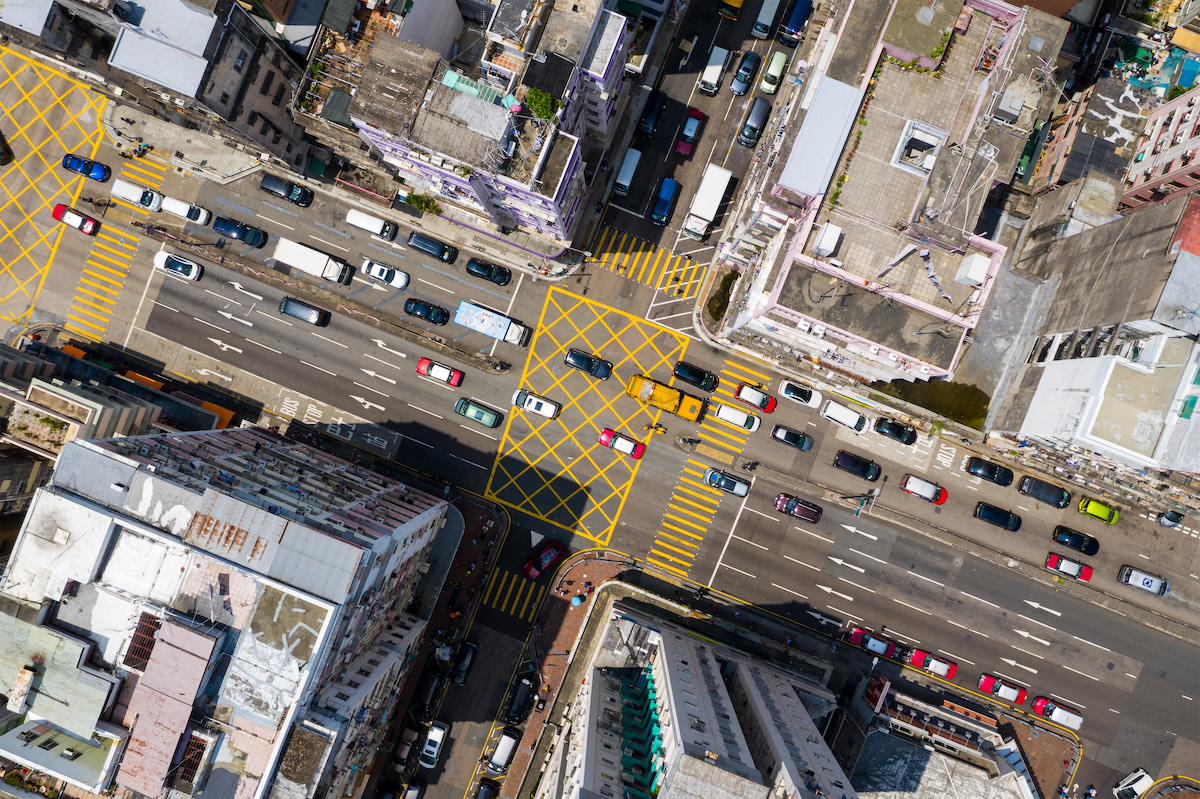How Globalization Works: Pros and Cons of Globalization
Written by MasterClass
Last updated: Oct 12, 2022 • 3 min read
From ancient silk roads to modern-day trade agreements like NAFTA, different parts of the world have been engaging in trade across national borders for centuries in a practice called “globalization.”
Learn From the Best
What Is Globalization?
In international economics, globalization is the web of relationships between economies worldwide by way of international trade and investments. While the history of globalization dates back to ancient times, the modern era of globalization began in earnest in the early nineteenth century. Starting with the Industrial Revolution, advancements in transportation (like railroads and steamships) and communication (like the telegraph) allowed increased economic interaction and cooperation across country borders.
The opposite of economic globalization—or free-market trade across borders—is protectionism, an economic policy that attempts to protect domestic businesses from foreign competition and labor markets, usually by imposing trade barriers like tariffs.
3 Examples of Globalization
Examples of globalization include:
- 1. Intergovernmental organizations. Globalization has made it possible for international organizations to be created through treaties between many different countries. Examples include the European Union, the United Nations, the World Bank, the World Trade Organization (WTO), and the International Monetary Fund (IMF).
- 2. Intergovernmental treaties. Many governments across the world have engaged in treaties or trade policies to make it easier for international investment and trade. These treaties, called free-trade agreements, include the North American Free Trade Agreement (NAFTA) and the Comprehensive Economic and Trade Agreement (CETA).
- 3. Multinational corporations. A multinational corporation is an organization that does business in many different countries. Globalization is the reason that multinational businesses exist. For example, globalization allows major US corporations to sell their products to Mexico, Europe, and China.
What Are the Benefits of Globalization?
Globalization can benefit a country’s economy in many ways:
- Increases economic growth. By increasing the international exchange of goods, technological advances, and information, globalization increases economic development for any country participating in the global economy. An increase in economic growth means better living standards, higher incomes, more wealth in a country, and, often, less poverty—in short, the overall well-being of a country.
- Makes production more affordable. A global market allows businesses wider access to production opportunities and consumers, meaning that there are more goods available at a wider range of price points.
- Promotes working together. When different countries come together to engage in trade and investments in a global financial market, they become interdependent and often come to rely on one another for certain goods and services.
- Brings opportunities to poorer countries. Globalization allows companies to move their production from high-cost locations to lower-cost locations abroad—this means bringing jobs, information technology, and other economic opportunities to countries with fewer resources.
What Are the Disadvantages of Globalization?
While it can benefit nations, there are also several negative effects of globalization. Cons of globalization include:
- Unequal economic growth. While globalization tends to increase economic growth for many countries, the growth isn’t equal—richer countries often benefit more than developing countries.
- Lack of local businesses. The policies permitting globalization tend to advantage companies that have the resources and infrastructure to operate their supply chains or distribution in many different countries, which can hedge out small local businesses—for instance, a local New York hamburger joint may struggle to compete with the prices of a multinational burger-making corporation.
- Increases potential global recessions. When many nations’ economic systems become interdependent, the likelihood of a global recession increases dramatically—because if one country’s economy starts to struggle, this can set off a chain reaction that can affect many other countries simultaneously, causing a worldwide financial crisis.
- Exploits cheaper labor markets. Globalization allows businesses to increase jobs and economic opportunities in developing countries, where the cost of labor is often cheaper. However, overall economic growth in these countries may be slow or stagnant.
- Causes job displacement. Globalization doesn’t result in an increased number of jobs; rather, it redistributes jobs by moving production from high-cost countries to lower-cost ones. This means that high-cost countries often lose jobs due to globalization, as production goes overseas.
Learn More
Get the MasterClass Annual Membership for exclusive access to video lessons taught by business luminaries, including Paul Krugman, Chris Voss, Robin Roberts, Sara Blakely, Bob Iger, Howard Schultz, Anna Wintour, and more.
